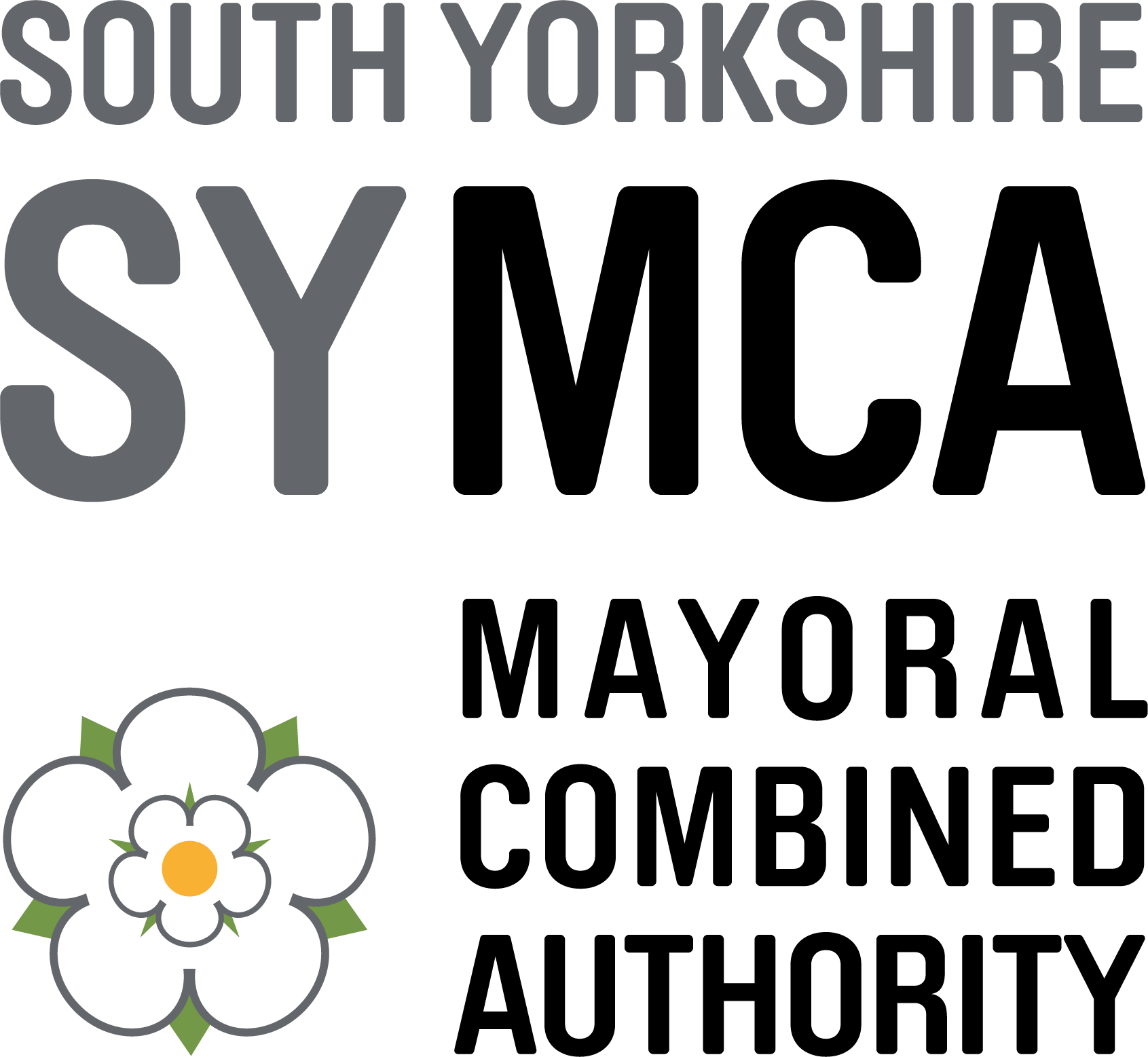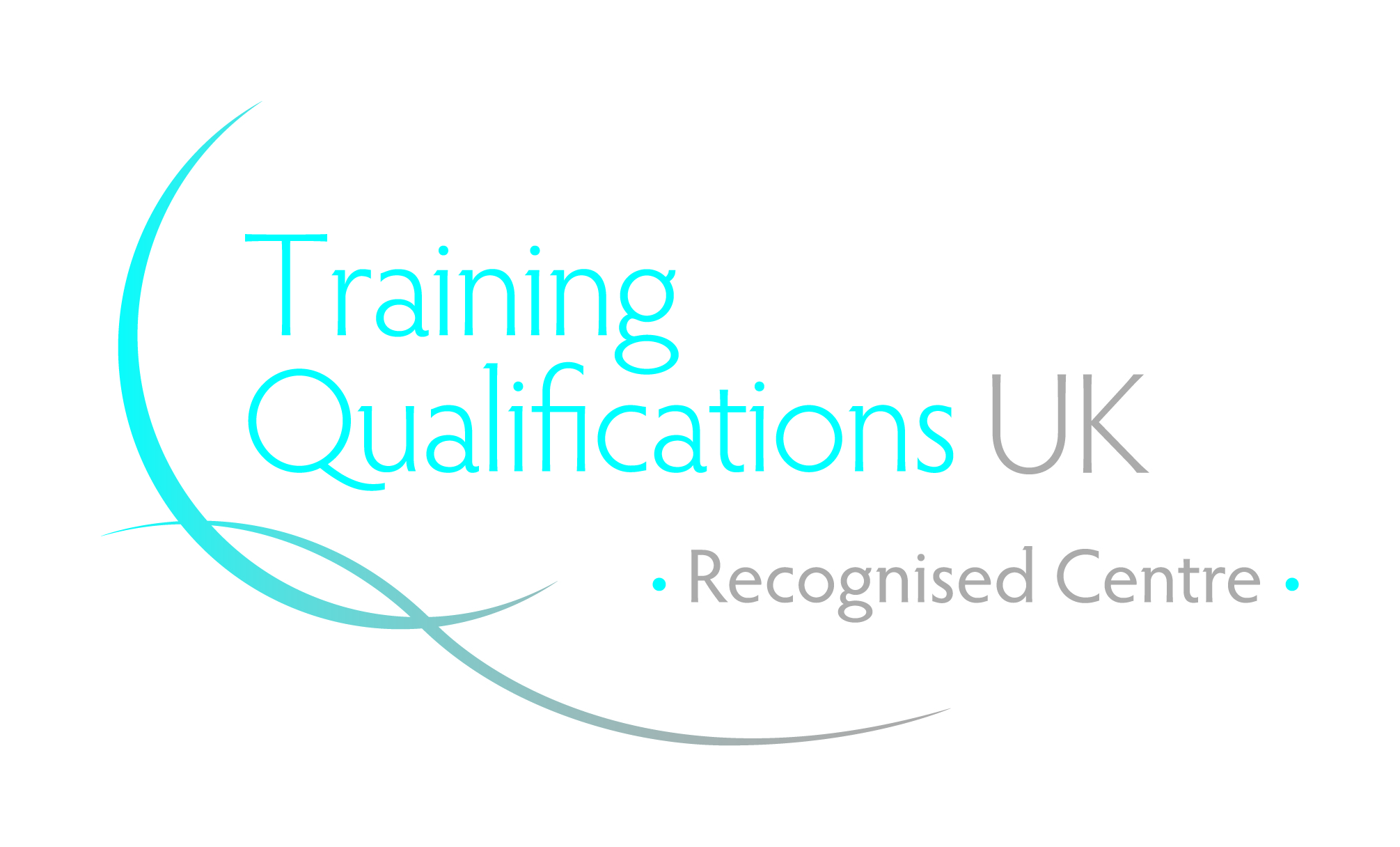

Depending on the nature of your business, it may be quite easy to keep your learner on track from home. For example, those in admin and business support roles would find it easier to complete their usual duties from home as opposed to people in more hands-on roles.
There isn’t a one-size-fits-all approach to managing apprentices during this time, but we’ve put together a useful round-up of guidelines and information to help ensure they can work towards their qualification and continue to learn as best they can during this ongoing period of uncertainty.
Summary of government guidelines:
Breaks in Learning
For breaks in learning that are less than four weeks, no formal report is required. However, when breaks are required for more than 4 weeks, apprentices must report these. Even though these are usually initiated by apprentices, temporarily during the COVID-19 outbreak employers/training providers are also able to initiate.
Disrupted training delivery
From April 1 and onwards, if a break of more than 4 weeks is deemed necessary, training providers should report this in their April ILR submission using the last day of learning (or in the month in which the break commences), whilst employers should ‘pause’ the apprenticeship in this case and not ‘stop’. Please note that during breaks in learning, apprentices are not required to comply with the 20% minimum off-the-job training requirement
End-Point-Assessments
If remote End-Point Assessments (EPAs) aren’t feasible then the assessment should be rescheduled to a later date. Explore options with your training provider to see if there’s any possibility of delivering the EPA in a digital capacity. Additional advice and guidance can be found on the Institute for Apprenticeships and Technical Education’s guidance for COVID-19 page as well as the government’s FAQs section on apprenticeship assessment.
What to do if employment is disrupted
If you’ve had to rethink your business’ operations or needed to restructure in any way, it may be necessary to consider the below options for any apprentices working in your organisation. The below outlines what impact each scenario has on your learners.
Furlough - The Coronavirus Job Retention Scheme which was announced by the Chancellor on the 20th March allows employers to claim for 80% of furloughed employees’ usual monthly wage costs, with a cap of £2,500 a month. However, employers will be required to pay additional wages where the furlough payment does not meet the appropriate minimum wage for the time spent training.During the furlough period, training can continue to be delivered as long as it is possible to be done remotely.
Unpaid leave - In this case, the apprentice, employer and training provider should consider whether a break in learning would be appropriate.Apprentices on unpaid leave may be eligible for Universal Credit as well as other benefits.Further information can be seen through the government’s FAQ section on Apprenticeship training
Redundancy - If an apprentice is made redundant, the training provider must support them to find an alternative employer.
Further information can be seen through the government’s FAQ section on Apprenticeship training
Encouraging remote learning and performance management
If your apprentices are in roles that they can easily continue from home, then you should do your utmost to support and guide them just you would if they were physically present at your workplace. Arrange for their line managers to have daily calls with them, preferably at the beginning of the day, to ensure they’ve got everything they need to progress through their workstack.
Reassure them that help is only ever a phone call/email away, and make use of videocalling platforms such as Skype for Business or Microsoft Teams to have face-to-face catch-ups and maintain that personal connection. When delivering feedback on their performance, it’s always best to do this over a video call if you can.
For more information about how we can support your business with re-training and skills visit our Business Training pages or email info@gceducationandskills.ac.uk










